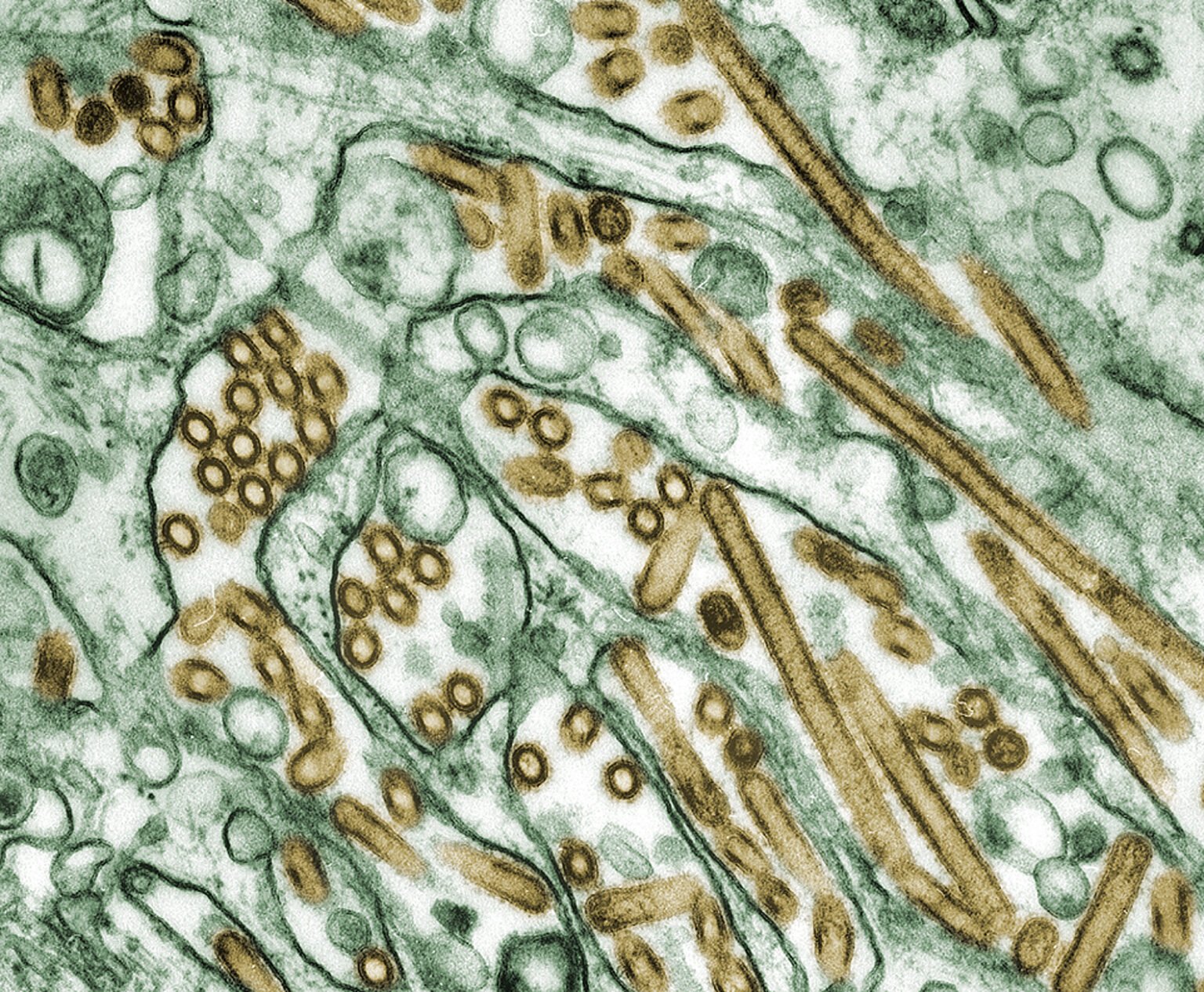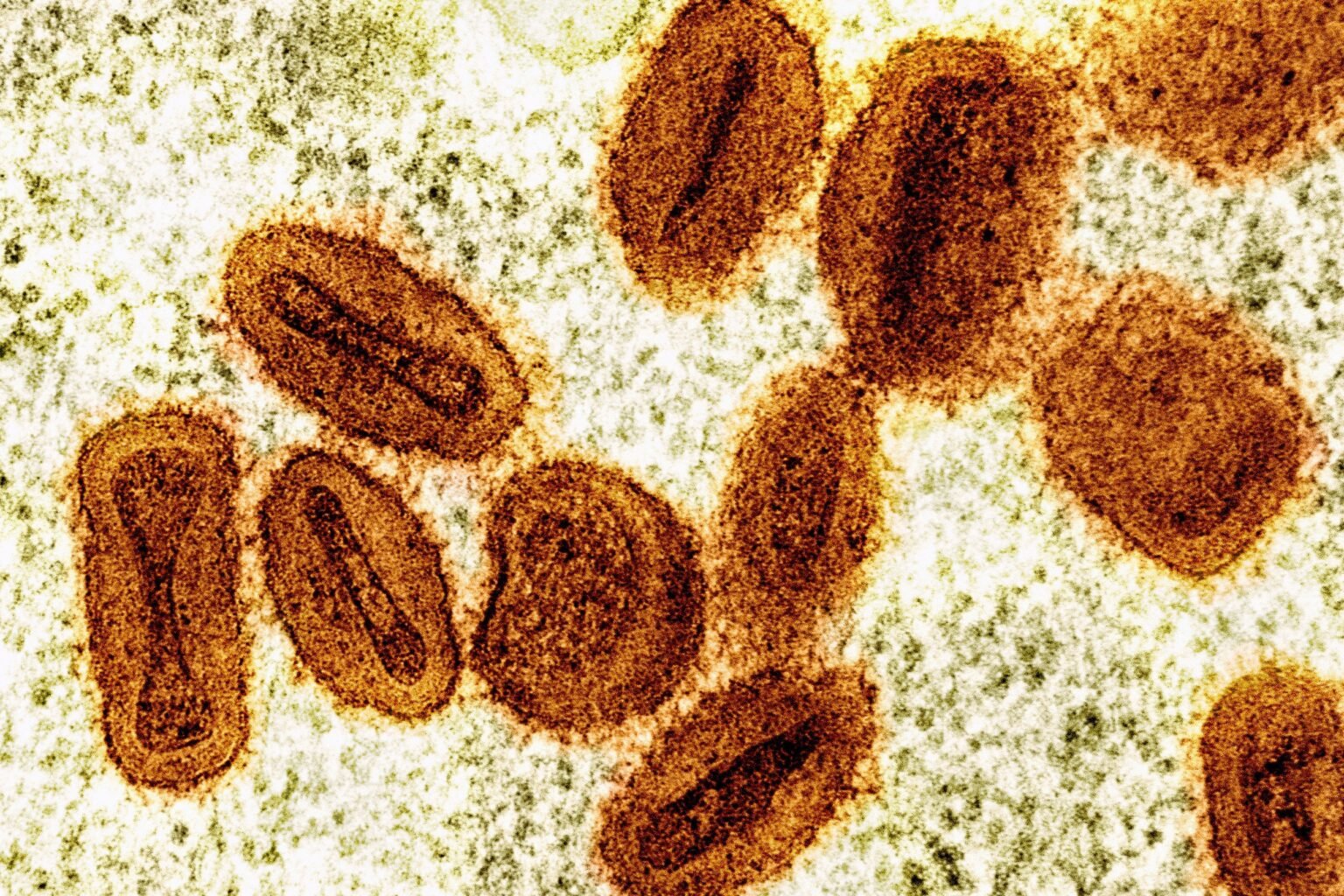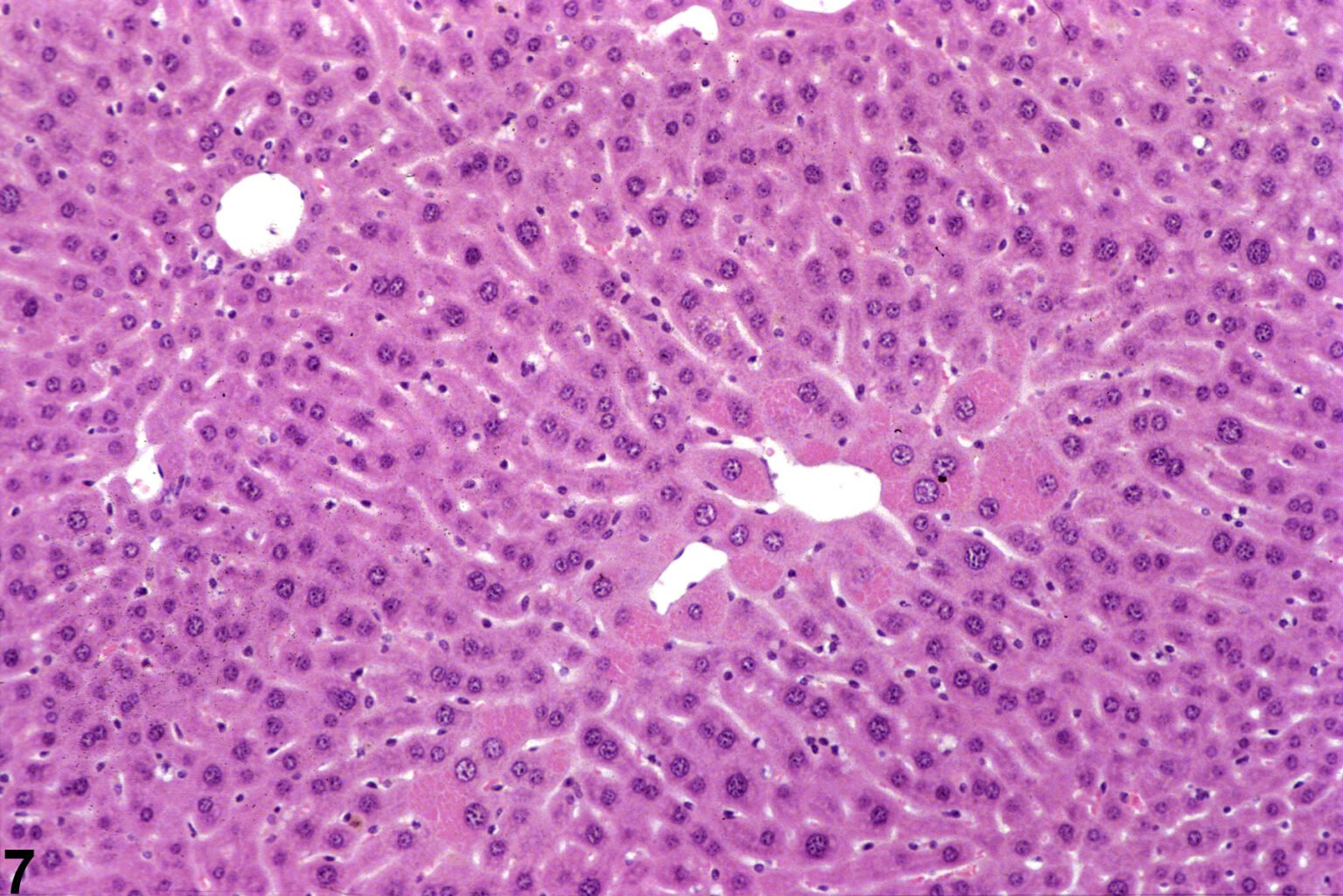“`html
A recent study from the Harvard T.H. Chan School of Public Health has uncovered some intriguing links between dark chocolate consumption and a reduced risk of developing type 2 diabetes. The research, analyzing over 111,000 participants, suggests that indulging in dark chocolate might be beneficial for managing blood sugar levels, but it’s crucial to understand the nuances and limitations of these findings. This article explores the study’s key takeaways and the important considerations surrounding dark chocolate and diabetes risk.
Table of Contents
ToggleThe Study’s Key Findings on Dark Chocolate Diabetes Risk
Researchers found a noticeable link between dark chocolate consumption and a lower risk of type 2 diabetes. Participants who enjoyed five or more servings of any type of chocolate per week had a 10% lower risk of developing the condition. But the fascinating finding was that the benefit was even more pronounced among those who specifically consumed dark chocolate. Those who had five or more servings of dark chocolate weekly had a 21% reduced risk! For every extra weekly serving of dark chocolate, the likelihood of developing diabetes decreased by 3%, according to the study.
Why the Difference? Dark Chocolate vs. Milk Chocolate
An important detail highlighted by the study is that the type of chocolate matters significantly. Binkai Liu, a Harvard doctoral student involved in the research, emphasizes that the protective effects are primarily associated with dark chocolate. This is likely due to the higher cocoa content and flavonoid levels in dark chocolate. Milk chocolate, conversely, contains more sugar and less cocoa, which might contribute to weight gain and, consequently, potentially higher diabetes risk.
The Role of Flavonoids and Moderation
Nutritionists stress the importance of flavanols in dark chocolate for their anti-inflammatory properties and potential benefits for cardiovascular and metabolic health. While dark chocolate offers potential advantages, it’s crucial to remember that it’s calorie-dense. Consuming it excessively could lead to weight gain, which is a significant risk factor for type 2 diabetes.
Key Considerations and Limitations
While the findings are intriguing, it’s essential to acknowledge the study’s limitations. The study didn’t establish a direct cause-and-effect relationship between dark chocolate consumption and diabetes risk. Also, the participants were predominantly older and non-Hispanic, which may limit the generalizability of the findings to other populations. Moderation is key. The recommended approach is enjoying about one ounce of dark chocolate a few times a week as part of a balanced diet.
Practical Takeaways
Overall, this research provides some compelling evidence suggesting a potential link between dark chocolate consumption and a reduced risk of type 2 diabetes. However, it’s vital to emphasize that this shouldn’t be seen as a standalone solution for health issues. Maintaining a balanced diet and a healthy lifestyle are still paramount for long-term well-being. I’d encourage you to discuss these findings with your doctor or a registered dietitian to develop a personalized health plan that suits your specific needs.
Share this article with your friends and leave a comment below to share your thoughts on this fascinating research! This is just one piece of the puzzle, and more research is needed to confirm these findings and their broader applicability to diverse populations.






